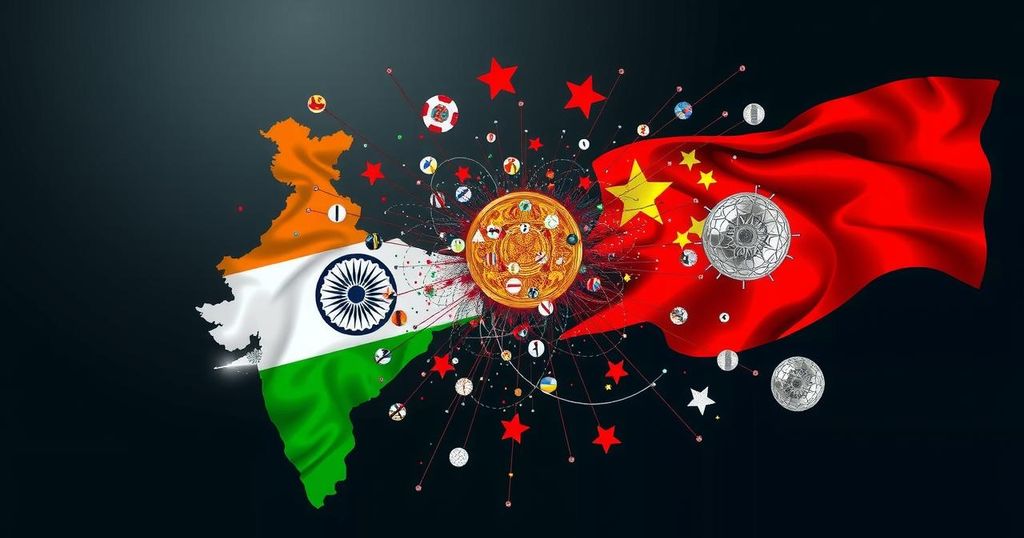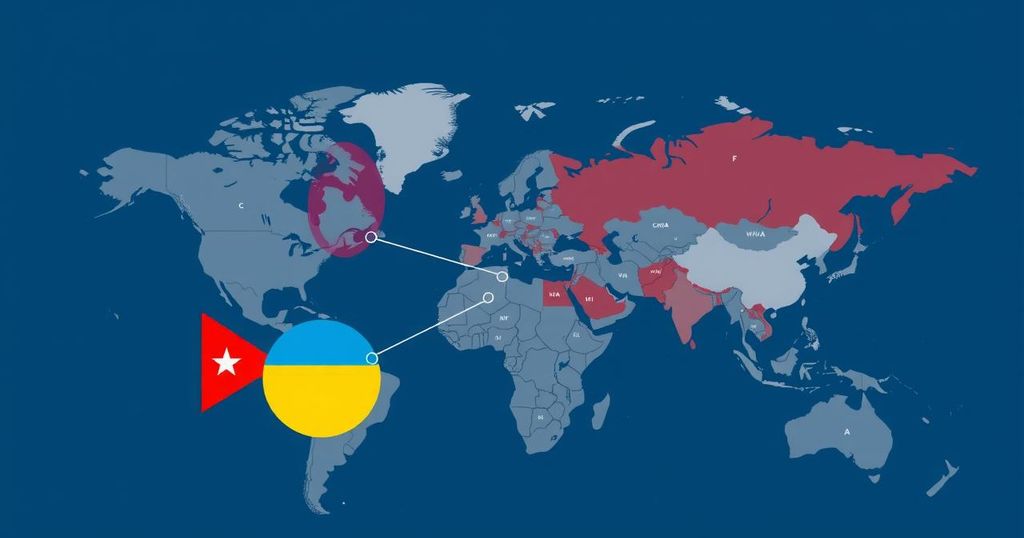BRICS Summit in Russia: Absences of Brazilian and Cuban Leaders Highlight Challenges
The BRICS summit in Russia is underway without Brazilian President Lula da Silva and Cuban President Miguel Diaz-Canel, who canceled their participation due to health and domestic issues, respectively. The summit, significant for the emerging economies represented, has welcomed four new members, further expanding its influence against Western hegemony.
This week’s BRICS summit, hosted by President Vladimir Putin in Russia, will proceed without the attendance of the leaders from Brazil and Cuba. Kremlin aide Yury Ushakov announced that both President Lula da Silva of Brazil and President Miguel Diaz-Canel of Cuba have cancelled their participation. President Lula is reportedly recovering from a minor brain hemorrhage sustained in an accident at his residence, while President Diaz-Canel is facing significant energy issues in his country that prevent his attendance. The BRICS coalition, which includes Russia, China, India, Brazil, and others, serves as a consortium of emerging economies often regarded as a counterbalance to Western influence. Additionally, the group welcomed four new members—Egypt, Ethiopia, Iran, and the United Arab Emirates—in early 2024, marking its first expansion since the inclusion of South Africa in 2010. Cuba has expressed its interest in becoming a “partner country” within the BRICS framework, further solidifying its strategic ties with Russia amid growing global isolation of the Kremlin, which has been seeking alliances with other nations, including North Korea, for support during challenging times. The Kremlin emphasized the significance of the three-day summit, which commenced on October 22, as one of the most extensive foreign policy events ever hosted in Russia.
The BRICS summit is a critical assembly of leaders from some of the world’s major emerging economies, symbolizing a collaborative effort to enhance economic and political ties amongst non-Western nations. The grouping aims to establish a shared platform that reflects their collective interests and influences on global affairs, especially as many of its members seek to challenge the longstanding dominance of Western countries in international politics. The recent inclusion of new members highlights the organization’s strengthening influence on the world stage, while the cancellation of attendance by prominent leaders indicates the challenges faced by nations in this evolution.
In conclusion, the BRICS summit in Russia represents a pivotal moment for emerging economies, despite the absence of the Brazilian and Cuban leaders. The participation of the remaining nations and the addition of new members signified a resilient coalition aiming to assert its presence against Western hegemony. The challenges faced by the leaders of Brazil and Cuba, particularly in light of unforeseen circumstances, underscore the complexities within international diplomacy as countries navigate their domestic struggles while engaging in global interactions.
Original Source: kyivindependent.com







Post Comment